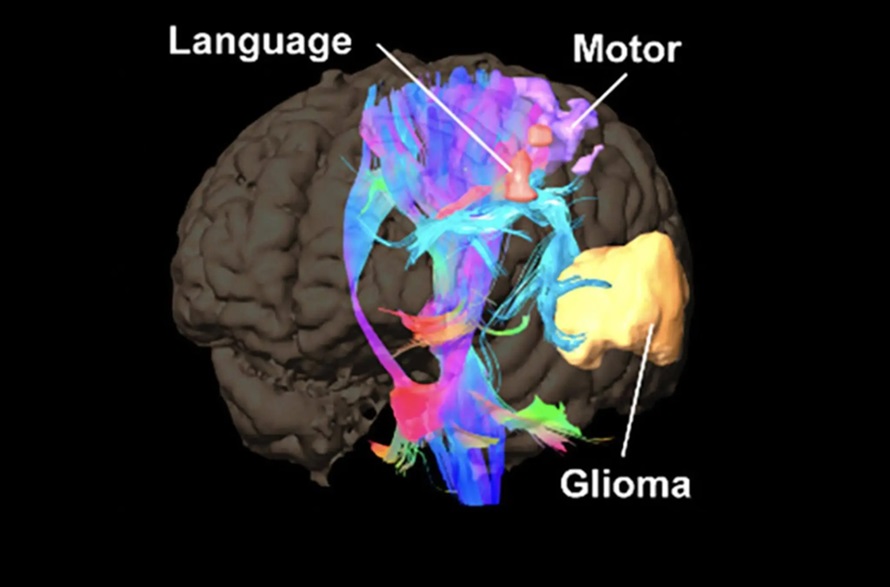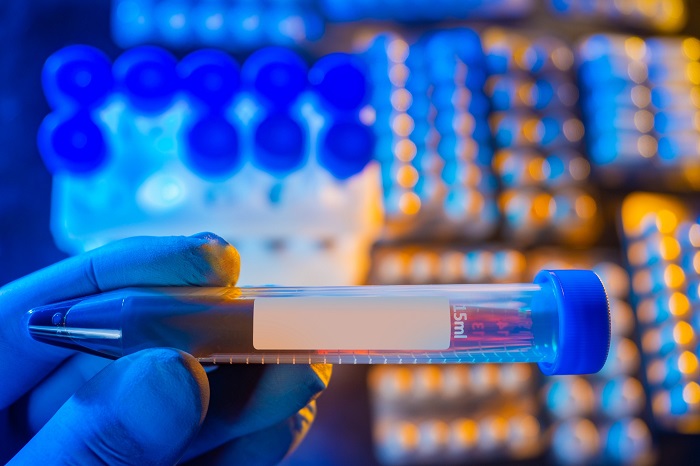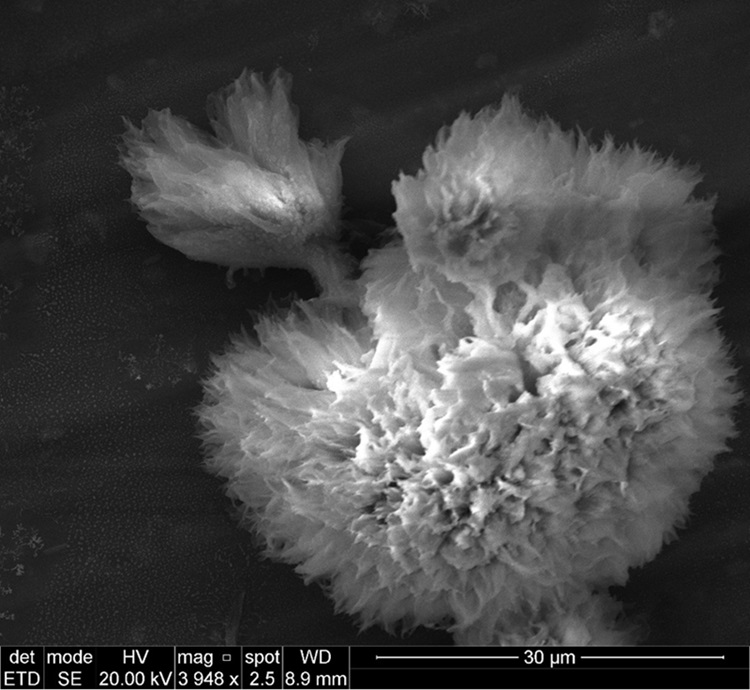Pathology



POCT for Infectious Diseases Delivers Laboratory Equivalent Pathology Results
On-site pathology tests for infectious diseases in rural and remote locations can achieve the same level of reliability and accuracy as those conducted in hospital laboratories, a recent study suggests. More...30 May 2024


New Tool Enables Better Classification of Inherited Disease-Causing Variants
A new tool has now been developed that allows researchers to annotate variant data from large-scale studies with clinically relevant classifications for risks of childhood cancer and other diseases, aligning older applications with the latest guidelines. More...22 May 2024
Groundbreaking CRISPR Screen Technology Rapidly Determines Disease Mechanism from Tissues
A new CRISPR screen method allows for the rapid analysis of brain cell types associated with key developmental genes, providing unprecedented insights into the genetic and cellular mechanisms underlying various neurological disorders. More...21 May 2024

In Other News
AI Integrated With Optical Imaging Technology Enables Rapid Intraoperative Diagnosis
HPV Self-Collection Solution Improves Access to Cervical Cancer Testing
Hyperspectral Dark-Field Microscopy Enables Rapid and Accurate Identification of Cancerous Tissues
AI Advancements Enable Leap into 3D Pathology
New Blood Test Device Modeled on Leeches to Help Diagnose Malaria
Robotic Blood Drawing Device to Revolutionize Sample Collection for Diagnostic Testing
Use of DICOM Images for Pathology Diagnostics Marks Significant Step towards Standardization
Clinical Decision Support Software a Game-Changer in Antimicrobial Resistance Battle
First of Its Kind Universal Tool to Revolutionize Sample Collection for Diagnostic Tests
AI-Powered Digital Imaging System to Revolutionize Cancer Diagnosis
New Mycobacterium Tuberculosis Panel to Support Real-Time Surveillance and Combat Antimicrobial Resistance
New Method Offers Sustainable Approach to Universal Metabolic Cancer Diagnosis
Spatial Tissue Analysis Identifies Patterns Associated With Ovarian Cancer Relapse
Unique Hand-Warming Technology Supports High-Quality Fingertip Blood Sample Collection
Image-Based AI Shows Promise for Parasite Detection in Digitized Stool Samples
Deep Learning Powered AI Algorithms Improve Skin Cancer Diagnostic Accuracy
Microfluidic Device for Cancer Detection Precisely Separates Tumor Entities
Virtual Skin Biopsy Determines Presence of Cancerous Cells
AI Detects Viable Tumor Cells for Accurate Bone Cancer Prognoses Post Chemotherapy
First Ever Technique Identifies Single Cancer Cells in Blood for Targeted Treatments
Innovative Blood Collection Device Overcomes Common Obstacles Related to Phlebotomy
Intra-Operative POC Device Distinguishes Between Benign and Malignant Ovarian Cysts within 15 Minutes
Simple Skin Biopsy Test Detects Parkinson’s and Related Neurodegenerative Diseases
The Pathology channel details advances in the field of Surgical Pathology and all its subspecialties, including Cytopathology and its subspecialties.










